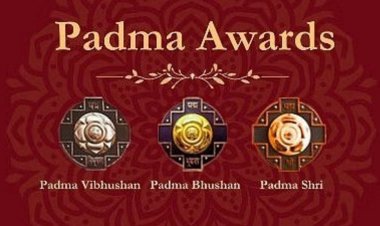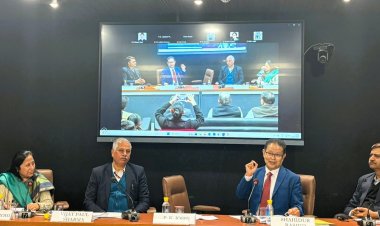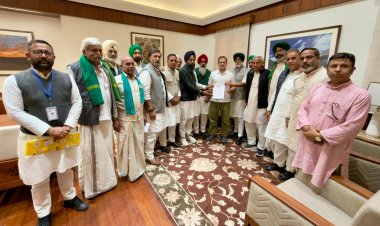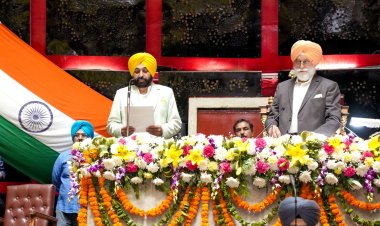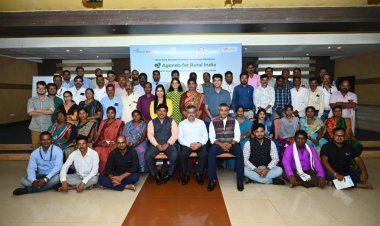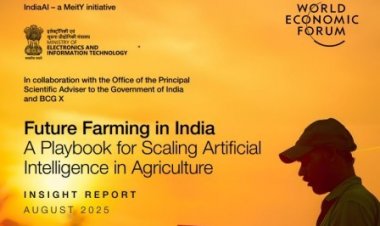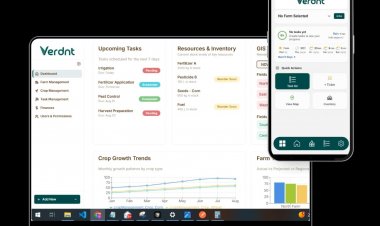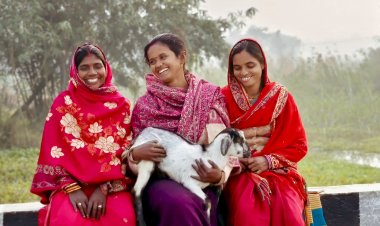No discussion at WTO about PSH and agriculture subsidy that are crucial for India
Agriculture subsidy is a crucial issue for India, but the talk did not move forward in that direction. India wanted a “permanent solution” to the issue of public stockholding (PSH), but this was not discussed. India wanted a period of 25 years to end the subsidies to fishermen who did not fish in distant waters, but it will have to put an end to these subsidies in two years.
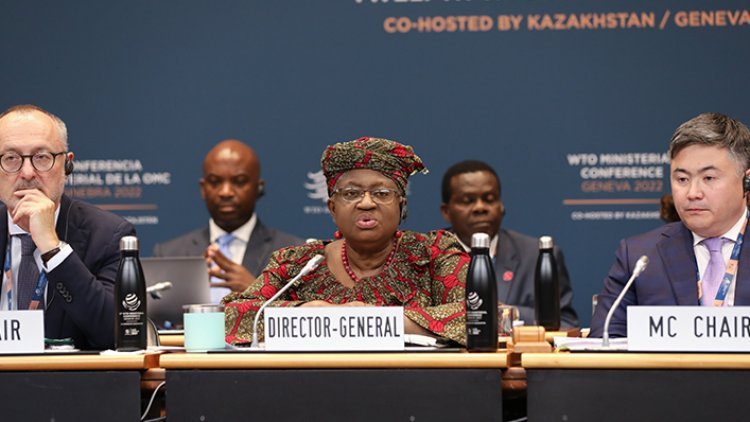
The results of the 12th Ministerial Conference (MC12) of the WTO have not been encouraging from the point of view of agriculture. Despite the six-day meeting in Geneva from June 12 to 17, the problems that India had earlier still continue. Earlier, the meeting was scheduled up to June 15.
Agriculture subsidy is a crucial issue for India, but the talk did not move forward in that direction. India wanted a “permanent solution” to the issue of public stockholding (PSH), but this was not discussed. India wanted a period of 25 years to end the subsidies to fishermen who did not fish in distant waters, but it will have to put an end to these subsidies in two years.
However, terming the conference as an “outcome-oriented” success, commerce and industry minister Piyush Goyal said that India had been able to secure a favourable outcome at the WTO after many years, despite a strong global campaign against Indian farmers and fishermen.
He said, “Today, as we return to India, there is no issue on which we have to be the least concerned, whether it is related to agriculture such as MSP (Minimum Support Price), reinforcing the relevance of the public stockholding programme towards fulfilling the National Food Safety Programme or PM Garib Kalyan Scheme, TRIPS waiver, e-commerce moratorium, response to Covid and fisheries.”
Further, he added that fishermen were worried about fishing, but there had been no restrictions on it. “India has been cent per cent successful; no restrictions or terms have been placed on India or the government, rather we have been successful in introducing checks on illegal fishing, under-reporting or outside regulation.”
Goyal said India remained committed to supporting the World Food Programme (WFP). Citing India's recent wheat supplies to Afghanistan, he said, the Government has imposed no export restrictions on WFP purchases for food security in other countries; however, domestic food security takes priority.
He said, “A few countries attempted to create a false campaign, initially on Sunday and Monday, that India is obstinate due to which no progress is being made. The real situation has emerged before us all.”
In her speech at the closing session of MC12, WTO Director-General Dr Ngozi Okonjo-Iweala said, “While we all agree on the vital importance of agriculture in our economies, differences on some issues, including public stockholding for food security purposes, domestic support, cotton and market access, meant that we could not achieve consensus on a new roadmap for future work.”
The press release issued by the government says, “On fisheries, there would be a check on illegal, unreported and unregulated fishing in our waters and elsewhere. There would be very strict controls on overfished areas so that fish stocks are restored. Additionally, no subsidies to be provided for fishing in areas outside EEZ (Exclusive Economic Zone) or RFMOs (Regional Fisheries Management Organizations).”
In fact, there are two issues related to fishing subsidies. One is that of illegal, unreported and unregulated (IUU) fishing. According to the Geneva Package, the name given to the declaration issued after the meeting, no country will give subsidies for this. The other issue is that of subsidies for overfished stock. Regarding this, too, the declaration says that no country will give subsidies. However, the member country will itself determine the overfished stock. Developing countries and Least Developed Countries (LDCs) can give subsidies for overfished stocks in their EEZs up to two years after the agreement is implemented. India wanted an exemption for 25 years. Besides, even the draft issued before the beginning of MC12 had mentioned a period of seven years. Still, an agreement was reached on a period of two years, which India, too, has accepted.
However, welcoming this decision, the Federation of Indian Chambers of Commerce and Industry (FICCI) President Sanjiv Mehta said that the decisions taken at the WTO meeting would benefit India and the developing countries. “In particular, the outcome on the fisheries subsidies would imply that there would be a check on illegal, unreported and unregulated fishing. Strict controls on overfished areas would ensure that fish stocks are not depleted fast.”



 Join the RuralVoice whatsapp group
Join the RuralVoice whatsapp group

















